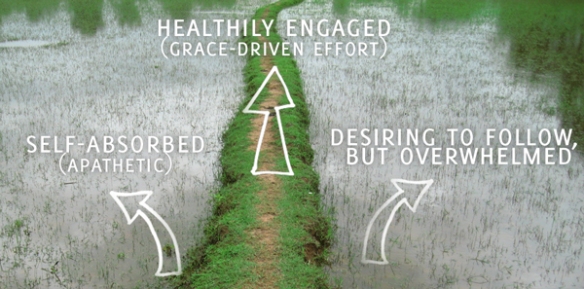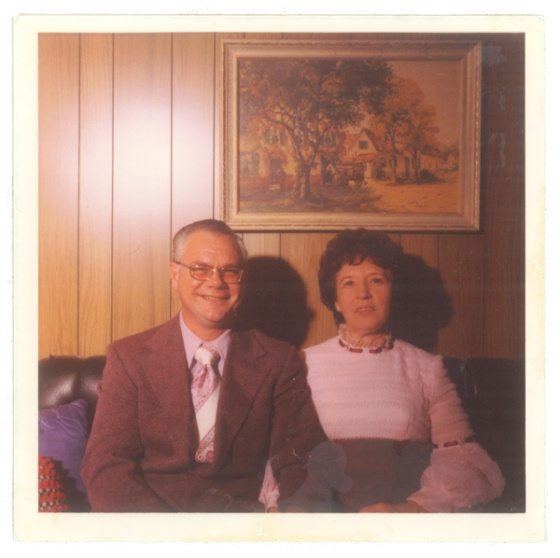What do we do when a friend or family member is depressed? I’ve heard too much advice that is “just get over yourself and be happy!” There has to be better advice, right?
As someone who is given to periodic, short bouts of depression — “a normal abnormality” — and a pastor who hopes to effectively and lovingly help others find their joy in Christ, I found this short vodcast helpful. It’s a first-responders guide for those who desire to minister effectively to depressed friends and family members.
David Murray, author of Christians Get Depressed Too gives solid advice on helping others who are depressed:
 He gives a more detailed explanation of eight guidelines for dealing with depressed Christians:
He gives a more detailed explanation of eight guidelines for dealing with depressed Christians:
- Be prepared: anyone can get depressed
- Don’t assume depression has been called by personal sin
- Check the depth, the width, and the length of the symptoms
- Don’t rush to medication, nor rule out medication
- Be holistic
- Give hope; we can glorify God as we cling to Him in the darkness
- Involve family and friends. (Give them 5 R’s: Routine, Relaxation, Recreation, Rest, and Re-prioritizing in their lives.)
- Help the depressed person re-prioritize spiritual disciplines. Keep them short and simple; think training more than trying. Point them to the objective truths of Scripture, because honesty is best (character of God, work of Jesus, justification, our security in Christ), and the subjective feelings will follow. Point your friend to Jesus, our sympathetic High Priest who alone can conquer all our fears. He is able and willing to walk with us through every season of life, and He is able to bring us out of our depressed state.
I have not read the two books he recommended, but I have read Murray’s book Christians Get Depressed Too and highly recommend it.
The Apostle Paul has some summary thoughts on dealing with all kinds of people:
And we urge you, brothers, admonish the idle [unruly], encourage the fainthearted, help the weak, be patient with them all.
—1 Thessalonians 5:14
Notice three categories of people needing care: 1) the unruly, 2) the fainthearted, 3) the weak. They each need a different approach (admonishing, encouraging, helping). We can easily crush a fainthearted person if we unceremoniously admonish them, or can enable an unruly person if we are soft and use kids gloves. This takes grace, wisdom and patience to know how to treat people we are responsible to lead.
Sometimes we can become impatient with others though we wish they would be patient with us. We must not treat every person the same, but we can be patient with all.

















 Every time we add something new to our schedule, we must take something out. Alongside your ‘to do’ list think about keeping a ‘don’t do’ list as well.
Every time we add something new to our schedule, we must take something out. Alongside your ‘to do’ list think about keeping a ‘don’t do’ list as well.